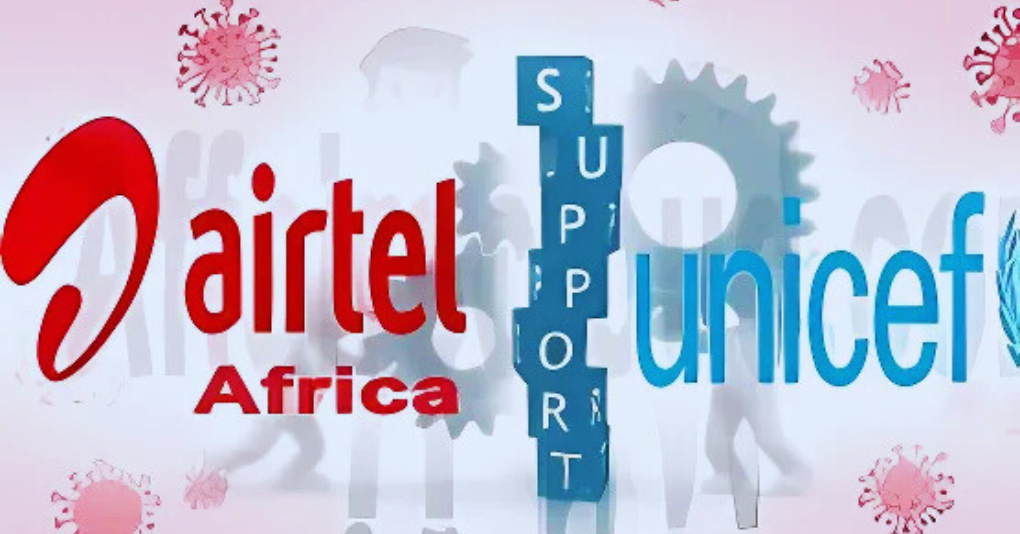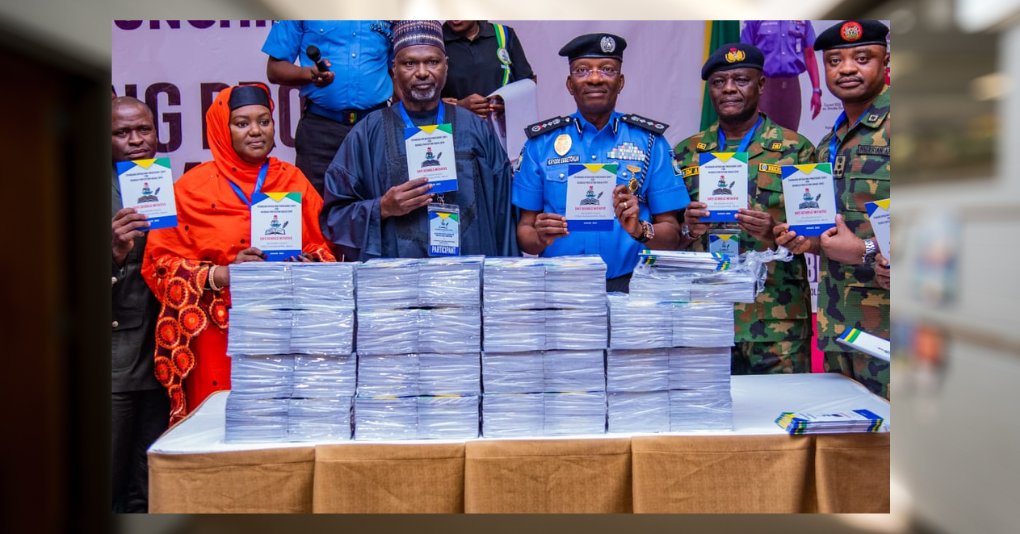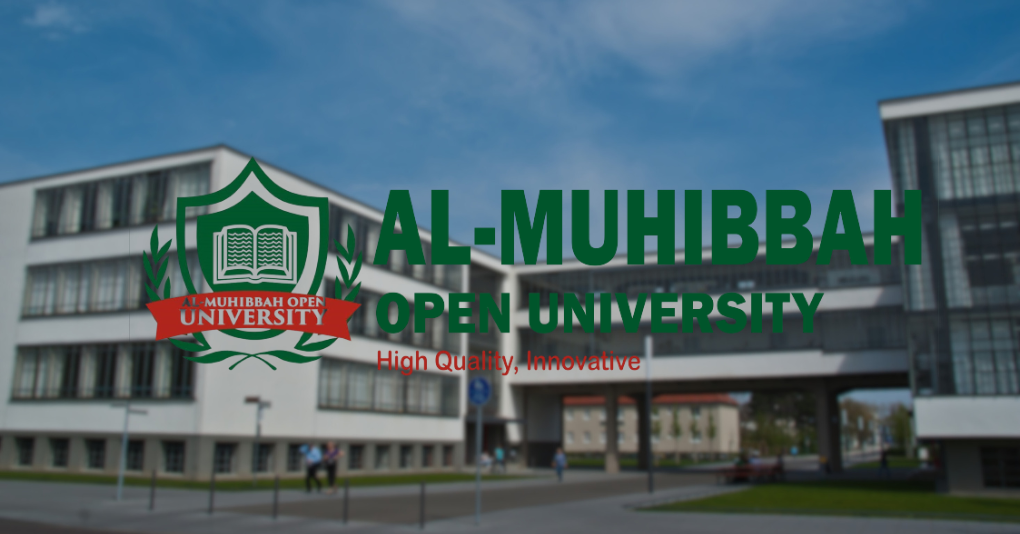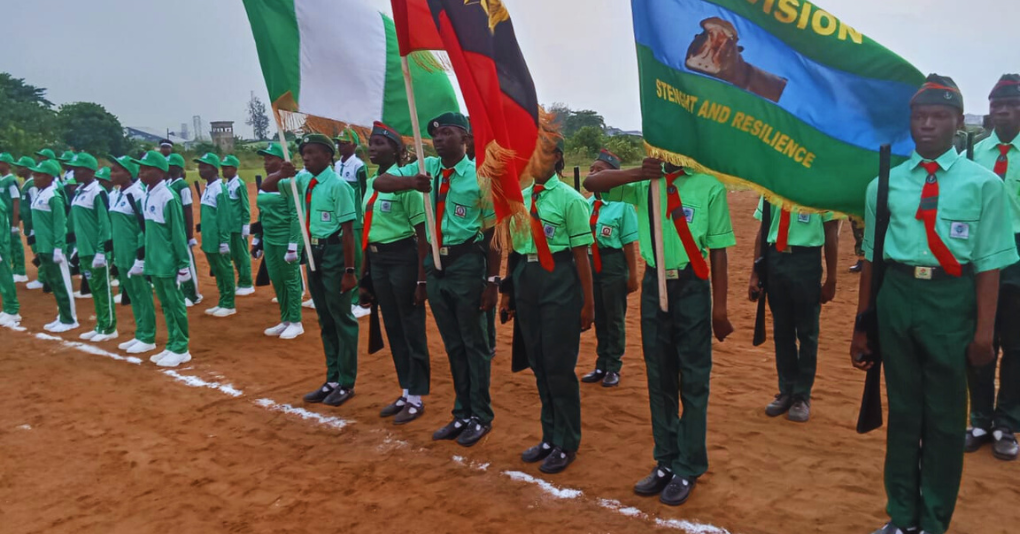UNICEF, Airtel Africa, and the Ministry of Education have reached nearly 600,000 children in 1,260 schools in Nigeria as part of a trailblazing campaign to close the digital education gap.
Through the innovative use of technology, this initiative aims to provide standardised education and has been steadily growing to reach even the most remote areas, ensuring all students have access to quality learning opportunities.
Speaking during a visit to one of the schools, St. Agnes Primary School, Lagos, Mr. Sunil Taldar, Airtel Africa Chief Executive Officer, explained the importance of the partnership in bridging the digital divide.
According to him, “Education is critical for Africa’s future, with 40 percent of the population below 16 years. Our work with the United Nations Children’s Fund (UNICEF) ensures standardised digital learning through the Nigeria Learning Passport, providing connectivity and devices to students and teachers,” he said.
Taldar who spoke during a joint field trip by AIRTEL Africa /Nigeria and UNICEF to St Agnes Primary School Maryland – one of the supported schools for the digital learning program using the Nigeria Learning Passport (NLP). St. Agnes Primary School, Lagos, on Tuesday.
He noted that the partnership is in its third year and has reached about 1,260 schools, and 600,000 learners are benefiting from the partnership with UNICEF. He commended the Ministry of Education and the Universal State Education Board.
“If you look at Africa, 40 percent of the population is below 16 years, and therefore education is very, very critical for the future of these children. What I experienced in terms of the quality of the conversations that happened in the classroom was very impressive.
“The education that we are providing is also standardised because what we are using is digital means of education, Nigerian learning passport, which is being implemented, connectivity and devices being provided between Airtel and UNICEF. So, total, it’s great progress that we are making, and we are committed to this entire cause, and we’ll scale it up and make it bigger.”
Speaking, Celine Lafoucriere, UNICEF Chief of Lagos Office highlighted the program’s sustainability, noting that technical support ensures continued access to digital learning tools.
Lafoucriere further confirmed that 1.8 million learners are now registered on the Nigeria Learning Passport, with expansion plans for 2025.
She stated that the initiative had continued to grow, ensuring that children, particularly in remote areas, have access to quality education through digital platforms.
She said UNICEF, is working with governments to enhance access to education and quality education in Nigeria.
“We also do that for access to water and sanitation, health, nutrition, etc. Education is a very important point because, without education, you may not have the basic services available. If you don’t have an education, you cannot have a decent livelihood for yourself. “It is very important to make children learn and thrive, as we say in UNICEF, especially with a focus on the girl child and the most vulnerable.”
In his presentation, Mr Jamiu Tolani Alli-Balogun, Commissioner for Basic and Secondary Education, Hon Commissioner for Basic and Secondary Education, Lagos State- said the world had gone digital and Nigeria cannot be an exception.
“That is what we are witnessing here today. Notwithstanding, Lagos State has its project, whereby digital is being used to deploy teaching and learning content into the school system. So, it is leverage, nothing different from that, but it’s about collaborative funds, whereby data are given to some of our primary schools so that students can have connectivity to the internet and be able to have access to learning content.
“Equally the teacher can use that to bring about teaching and learning outcomes effectively. You know, the gadgets are not forever. Along the lines, some will get spoilt, and we do repair, and replace also. That is the sustainability aspect of it for digital education to continue. It brings about participatory learning outcomes. It is a collaboration whereby students and also teachers can achieve their primary objective of teaching and learning.”
NLP is an online, mobile, and soon-to-be offline learning platform that will provide continuous access to quality education.
Share this post





Be the first to comment on this post